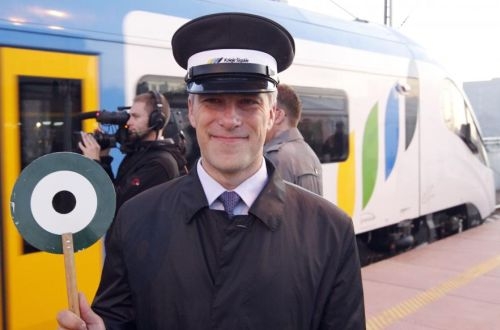KS had cancelled many services and most of the remainder was heavily delayed. Since December 19, about 50 of the 92 scheduled daily services have been replaced by buses. This is because around 13 trains are awaiting repair.
The problems have forced the provincial government to invite Przewozy Regionalne (PR) to take over the operation of services on five services for one year while KS carries out repairs to its fleet.
Under Polish law, concessions for the operation of regional services in Poland are awarded by the head of each province. There has been a tendency recently for provinces to create their own train operating companies using trains owned by the province. KS signed the contract to take over the operation of all regional services just three months before start of the new timetable and struggled to obtain the rolling stock it needed in time, with some of the trains arriving on December 8, only one day before KS was due to take over from PR. To make matters worse, KS was scheduled to operate about 140 additional services a day. Moreover KS had to contend with heavy snow during its first week of operation.
The difficulties faced by KS, which is owned by the province of Silesia, are a major setback for Mr Adam Matusiewicz, head of the Silesian provincial government, who had given his personal commitment to the reform of regional rail services in the province. News of the problems in Silesia spread quickly across Poland and led to the resignation of Matusiewicz together with Mr Marek Worach, CEO of KS, who designed the new timetable. However, the provincial government will probably ask Matusiewicz to stay on for one month to stabilise the situation before finally approving his resignation.

